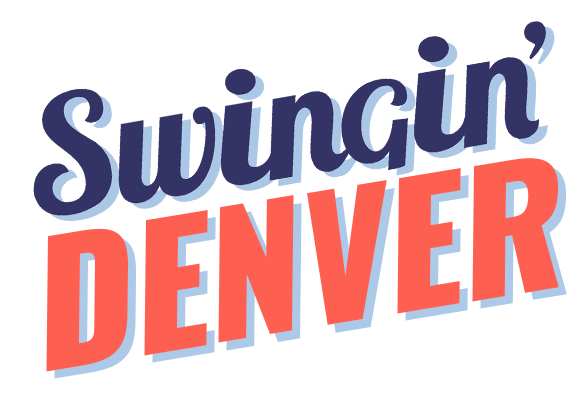This post is sparked by two recent interactions I’ve had with board members from Collective Voices for Change. This organization is hosting an online “interactive workshop where we will come together to (re)imagine dance events and create the type of social space we desire and deserve.”
The board members expressed they were having difficulties in reading tone in potential participants’ questions, finding time to answer questions well, and sometimes struggling to build their audience. I’d like to tackle how I handle some online event management aspects here.
Some basics:
Strive to communicate promptly inside your event. Let’s first acknowledge that it has become more difficult for Facebook page admins to be notified when people comment inside an event. While I aim to respond to people the same day, event notifications do not come through my Meta Business Suite app. Instead I have to go directly to my Page Manager to see what messages I have. A good goal would be to have someone check notifications every 24-48 hours and respond under 72 hours at most.
If you’re a larger organization, have a shared system for communicating with your team like Slack. If you’re concerned about how to write a proper response, draft something for approval, tag some members in your group and ask for feedback within 24 hours. Side note: If it’s a complicated question and you need more time, respond publicly to let the asker know you’re working on getting them a good answer. Show you care and acknowledge them.
Try to answer your audience members publicly rather than privately. Perhaps if the question needs to be handled offline, consider reaching out privately and maybe delete the question so it doesn’t appear that you’re ignoring them. Or even respond something like “Thanks for the question, I’m going to contact you privately.” Even if this person asked a similar question both on your page and in your event, answer them in both places. You never know who is watching which location.
Personal outreach goes a long way. Just because your organization exist doesn’t mean people will come. Just because you invite a friend to your event doesn’t mean they’ll see it. If you’re running an event about running events, try posting in relevant groups to try reaching the people that ought to be involved. Taking it even further, and this requires much more time, is doing personal outreach. It is time-consuming, potential emotionally draining, and you might be ignored by people that you think need this the most.
Assume people mean their best when they ask a question. I was recently accused of being publicly critical and rude toward an event when expressing skepticism that an event would be worth my time while asking for more pertinent details. At that moment in time and still nearly two weeks later, the event hadn’t shared any details about their instructors nor their event’s format. Being that everyone’s time is valuable and participants likely want to maximize their learning opportunities, these are important things to know. For so many of us, our swing dance projects exist alongside full-time jobs, kids, etc.
Be pro-active about sharing your event details increases accessibility and can help overcome hesitation. So have a robust event description, share updates in the discussion tab and what’s even better - having all this information published at the same time as when your event debuts online.

